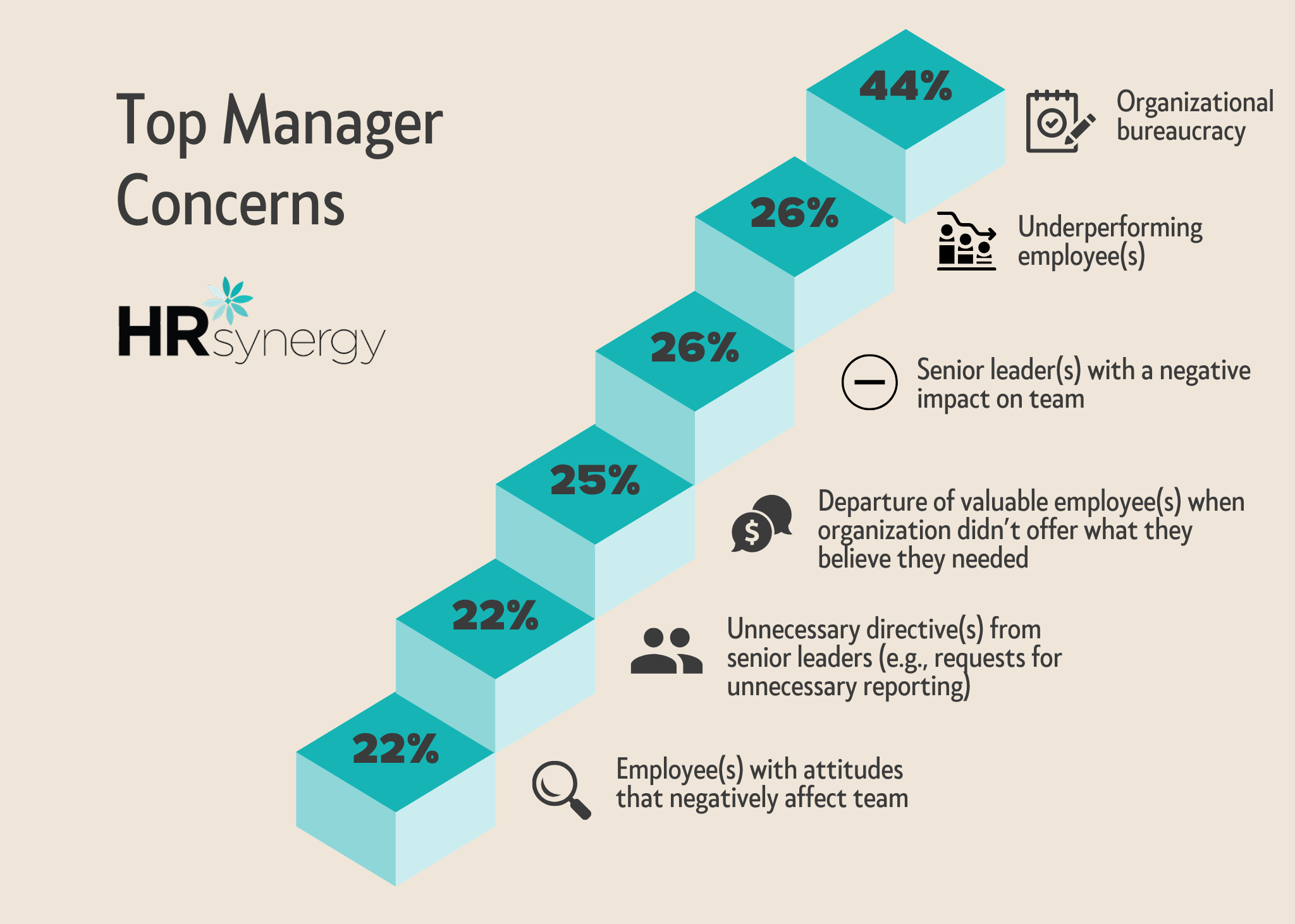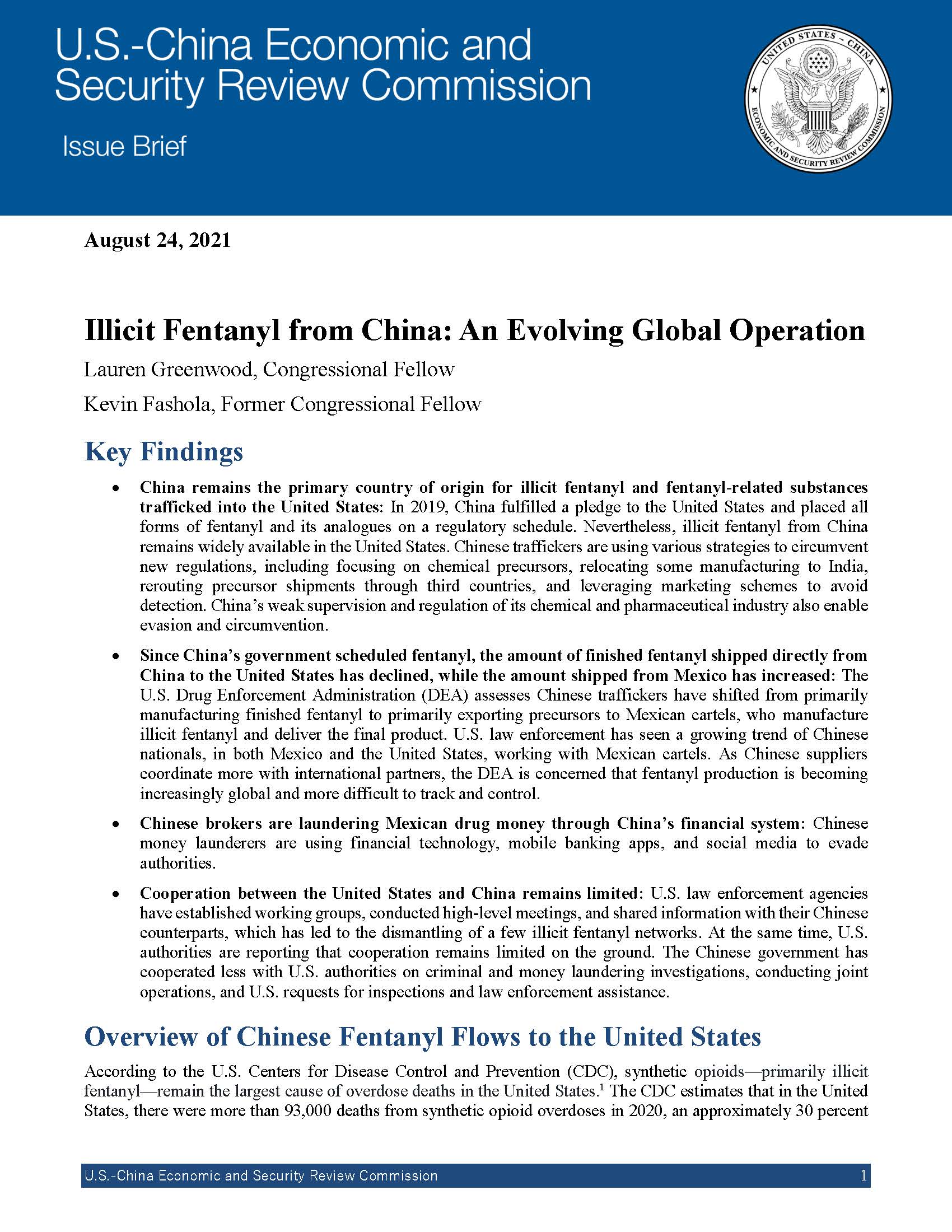Why Middle Managers Are Crucial For Company Success And Employee Growth

Table of Contents
Middle Managers as the Bridge Between Leadership and Employees
Middle managers are not simply supervisors; they are strategic translators and cultural ambassadors. Their effectiveness directly impacts the success of an organization.
Facilitating Effective Communication
Effective communication is the cornerstone of any successful organization. Middle managers are responsible for translating complex strategic directives from upper management into actionable plans for their teams. This requires clear, concise, and consistent communication.
- Examples of effective communication strategies: Regular team meetings, clear written instructions, open-door policies, utilizing various communication channels (email, instant messaging, project management software).
- Overcoming communication barriers: Actively listening to team members' concerns, providing constructive feedback, addressing misunderstandings promptly, promoting transparent communication.
- Providing regular feedback: Implementing regular performance reviews, providing both positive reinforcement and constructive criticism, utilizing feedback mechanisms to ensure continuous improvement. This fosters a culture of open and honest communication. Using the right communication channels is crucial for effective communication strategies.
Effective communication channels, transparent communication, and robust feedback mechanisms are vital tools in a middle manager's arsenal for fostering a productive and engaged team.
Championing Company Culture and Values
Middle managers are the embodiment of company culture within their teams. They actively promote and model the organization's values, creating a positive and productive work environment.
- Examples of actions that demonstrate company culture: Living the company values in daily interactions, recognizing and rewarding employee contributions that align with company values, fostering a culture of collaboration and respect, proactively addressing issues that undermine company culture.
- Fostering a positive work environment: Creating a space where employees feel valued, respected, and supported, promoting teamwork and collaboration, encouraging open communication and feedback, addressing conflict constructively.
- Leading by example: Demonstrating integrity, accountability, and a commitment to excellence in their own work, setting a high standard for their team members to follow. This builds trust and inspires employee engagement in the company culture and organizational values.
Driving Employee Growth and Development
Investing in employee growth is investing in the future of the company. Middle managers play a pivotal role in identifying and nurturing talent.
Mentoring and Coaching Team Members
Middle managers act as mentors and coaches, guiding employees toward their full potential. This involves identifying individual strengths and weaknesses, setting development goals, and providing the necessary support and resources.
- Examples of mentorship programs: Formal mentorship programs pairing experienced employees with newer ones, informal mentorship opportunities where managers provide guidance and support, regular check-ins to monitor progress and offer guidance.
- Coaching techniques: Providing constructive feedback, setting SMART goals, actively listening to employees' concerns, offering support and encouragement.
- Identifying training needs: Regularly assessing employees' skills and knowledge gaps, recommending appropriate training courses or workshops, creating personalized development plans.
- Performance reviews: Conducting regular performance reviews that are both objective and fair, providing constructive feedback and setting goals for improvement. These processes contribute significantly to employee development and talent management.
Delegation and Empowerment
Effective delegation and employee empowerment are crucial for increasing productivity and job satisfaction. Middle managers must trust their teams and give them the autonomy to succeed.
- Techniques for effective delegation: Clearly defining tasks and responsibilities, providing sufficient resources and support, setting clear deadlines and expectations, providing regular check-ins to monitor progress.
- Providing autonomy: Allowing employees to make decisions and take ownership of their work, fostering a sense of responsibility and accountability, trusting employees to use their initiative and creativity.
- Fostering ownership: Encouraging employees to take pride in their work, recognizing and rewarding achievements, providing opportunities for employees to contribute to strategic decisions.
- Recognizing achievements: Publicly acknowledging and rewarding employee accomplishments, fostering a culture of appreciation and recognition, celebrating team successes. This boosts teamwork, productivity improvement and job satisfaction.
Boosting Company Productivity and Performance
Middle managers are directly responsible for translating high-level strategies into tangible results.
Strategic Implementation and Goal Setting
Middle managers translate high-level strategic goals into achievable team objectives, ensuring alignment across the organization. They monitor progress, identify roadblocks, and adapt strategies as needed.
- SMART goal setting: Setting Specific, Measurable, Achievable, Relevant, and Time-bound goals for their teams, ensuring alignment with overall company objectives.
- Progress tracking: Regularly monitoring progress towards goals, identifying potential roadblocks, and making necessary adjustments.
- Problem-solving: Proactively identifying and addressing challenges, implementing solutions, and escalating issues when necessary.
- Adapting to changes: Responding effectively to changing priorities and market conditions, adapting strategies as needed to achieve desired outcomes. This ensures goal achievement and effective performance management.
Identifying and Solving Operational Challenges
Middle managers are often the first to identify operational inefficiencies and potential problems. Their proactive approach prevents minor issues from escalating into major crises.
- Proactive problem-solving: Regularly assessing processes and procedures to identify potential areas for improvement, proactively addressing issues before they become major problems.
- Identifying bottlenecks: Identifying and addressing bottlenecks in workflows, streamlining processes to improve efficiency and productivity.
- Implementing solutions: Developing and implementing solutions to address operational challenges, monitoring the effectiveness of solutions, and making adjustments as needed.
- Escalating issues appropriately: Knowing when to escalate issues to upper management, providing clear and concise information to facilitate effective decision-making. This contributes to operational efficiency and business optimization.
Conclusion
In conclusion, effective Middle Managers are not simply supervisors; they are strategic leaders, mentors, and problem-solvers. They are the vital link connecting senior leadership's vision with frontline execution. Investing in strong middle management leads to improved communication, enhanced employee development, increased productivity, and ultimately, greater company success. The benefits discussed – from fostering positive work environments and promoting company culture to driving employee growth and boosting overall productivity – highlight the indispensable role of effective middle management. Investing in strong middle management is crucial for fostering a thriving company culture and achieving sustainable growth. Start building your team of high-performing middle managers today! Strengthen your middle management and watch your business flourish.

Featured Posts
-
 Fugro And Damen A Strategic Partnership Supporting The Royal Netherlands Navy
Apr 26, 2025
Fugro And Damen A Strategic Partnership Supporting The Royal Netherlands Navy
Apr 26, 2025 -
 Mission Impossible 7s Omission Of Two Sequels A Franchise Anomaly
Apr 26, 2025
Mission Impossible 7s Omission Of Two Sequels A Franchise Anomaly
Apr 26, 2025 -
 The American Battleground Over A House A Billionaires Power Play
Apr 26, 2025
The American Battleground Over A House A Billionaires Power Play
Apr 26, 2025 -
 Chelsea Handlers Oscars Afterparty Drug Allegations
Apr 26, 2025
Chelsea Handlers Oscars Afterparty Drug Allegations
Apr 26, 2025 -
 Krogkommissionens Recension Aer Stockholm Stadshotell Vaert Besoeket
Apr 26, 2025
Krogkommissionens Recension Aer Stockholm Stadshotell Vaert Besoeket
Apr 26, 2025
Latest Posts
-
 Bubble Blasters And Beyond Analyzing The Effects Of Trade Chaos On Chinese Imports
May 10, 2025
Bubble Blasters And Beyond Analyzing The Effects Of Trade Chaos On Chinese Imports
May 10, 2025 -
 Did The Fentanyl Crisis Open Doors For Us China Trade Talks
May 10, 2025
Did The Fentanyl Crisis Open Doors For Us China Trade Talks
May 10, 2025 -
 Les Miserables Cast May Boycott Trumps Kennedy Center Appearance
May 10, 2025
Les Miserables Cast May Boycott Trumps Kennedy Center Appearance
May 10, 2025 -
 Fentanyl Crisis A Catalyst For Us China Trade Negotiations
May 10, 2025
Fentanyl Crisis A Catalyst For Us China Trade Negotiations
May 10, 2025 -
 Incredibly Dangerous Months Of Warnings Before Newark Atc System Failure
May 10, 2025
Incredibly Dangerous Months Of Warnings Before Newark Atc System Failure
May 10, 2025
